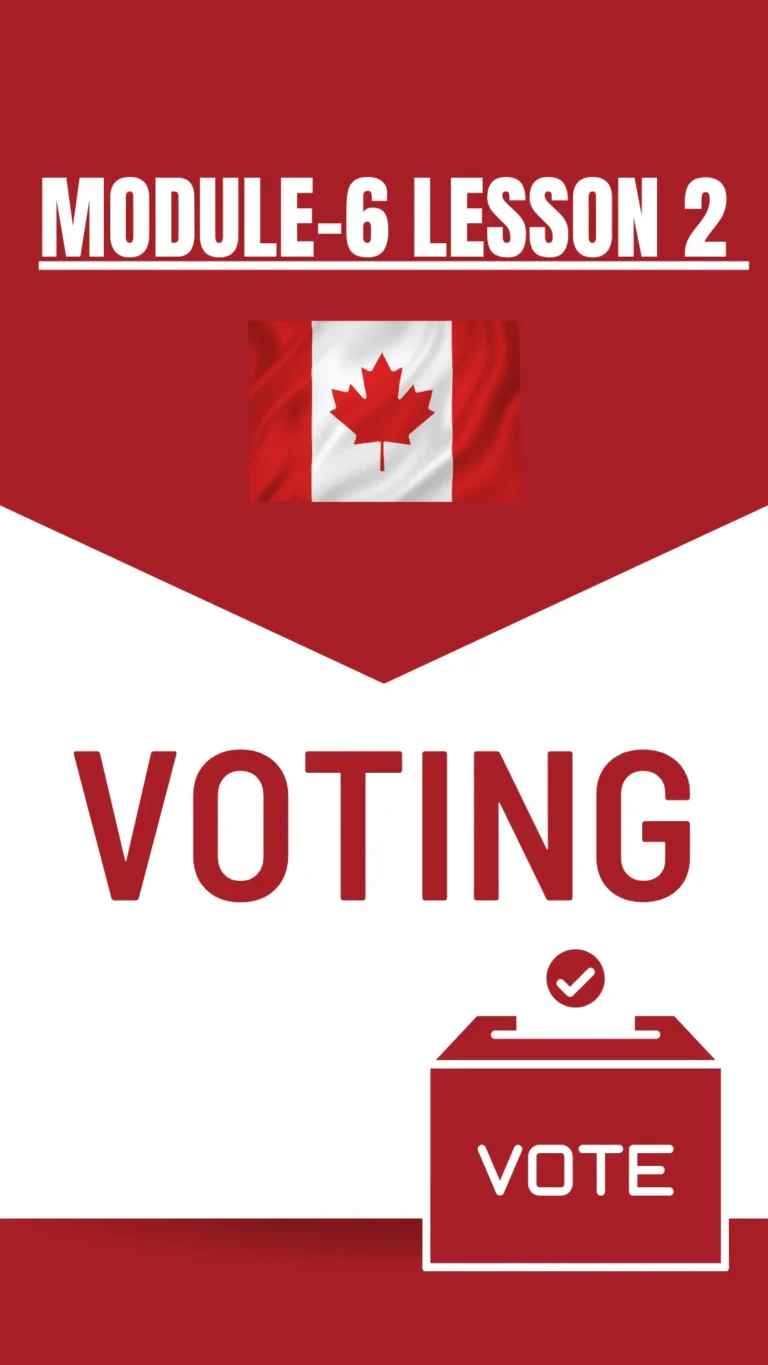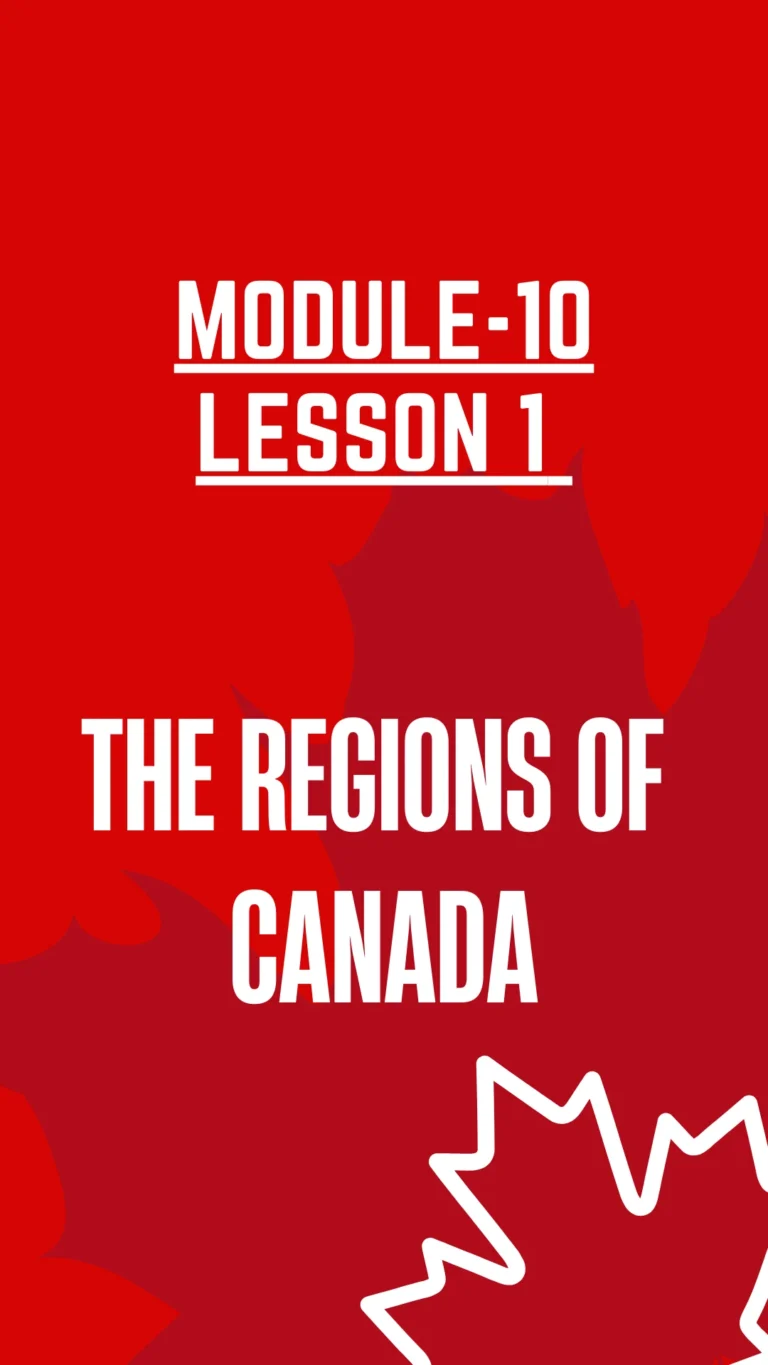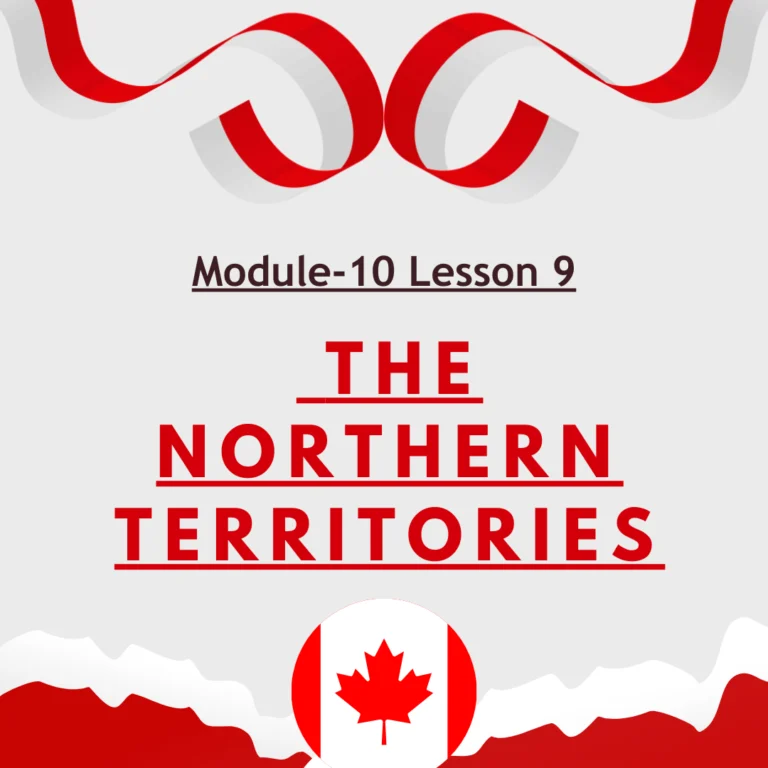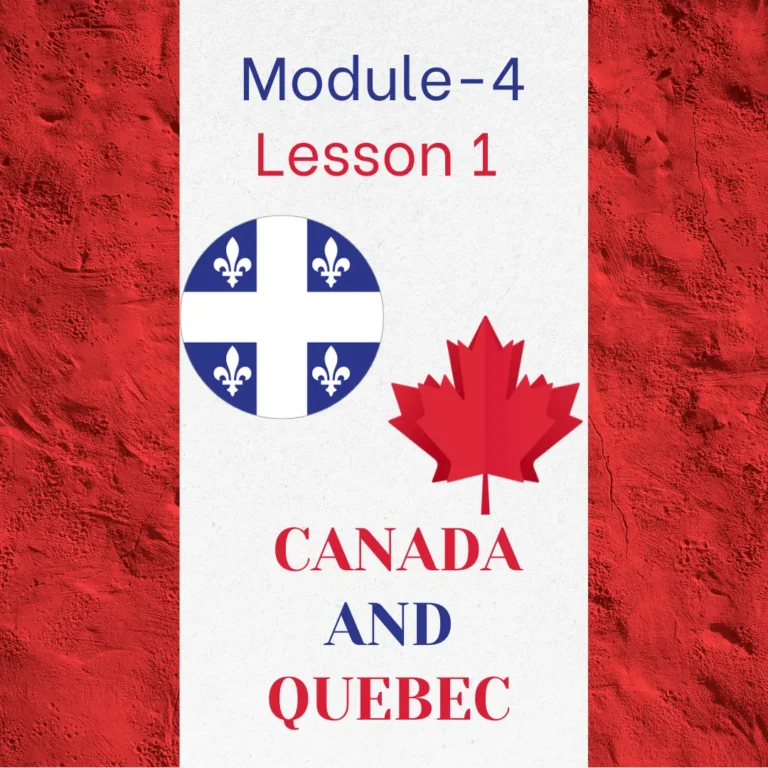Module-4 Lesson 6 International Engagements
Canada, as a country arranged on the worldwide stage, has a rich history of International engagements that ranges from strategy, peacekeeping, improvement help, and cooperation in worldwide associations. From its commitments to peacekeeping missions to its obligation to common freedoms and helpful guides, Canada’s international strategy has developed because of the changing elements of worldwide issues. This investigation dives into the complex components of Canada’s worldwide commitment, looking at authentic achievements, conciliatory systems, and the contemporary role the country plays in forming the worldwide scene.
Peacekeeping Inheritance:
A Commitment to Global Security Canada’s long-standing commitment to peacekeeping is one of its most significant contributions to international engagements. Since the beginning of Joined Countries peacekeeping tasks in the 1950s, Canada has been a reliable member, sending military faculty to struggle zones all over the planet. Striking missions incorporate the Suez Emergency, Cyprus, and the Balkans. While the idea of peacekeeping has developed, Canada’s devotion to worldwide security stays steady.
Philanthropic Guide and Improvement Help: Tending to Worldwide Difficulties
Canada’s worldwide commitment reach out past military commitments, including a powerful obligation to compassionate guide and improvement help. The Canadian Worldwide Improvement Organization (CIDA) plays had a critical impact in supporting drives that address destitution, wellbeing emergencies, and monetary advancement in different locales. Canada’s commitments to worldwide wellbeing, instruction, and framework projects highlight its obligation to encouraging practical turn of events and tending to the underlying drivers of worldwide difficulties.
Multilateralism: Exploring Worldwide Associations and Unions
Canada effectively takes part in multilateral discussions and associations for the purpose of molding worldwide administration and tending to shared difficulties. The Unified Countries, NATO, the G7, and the G20 are only a couple of instances of stages where Canada participates in strategic exchange, strategy coordination, and cooperative navigation. Canada’s approach to international relations is based on multilateralism because it believes that collective action and global cooperation are effective.
Cold Discretion: Exploring the High North
As the Cold district turns into an undeniably key and challenged space, Canada has taken part in Icy tact to declare its sway, address natural difficulties, and cultivate collaboration among Icy countries. Canada’s diplomatic efforts in the Arctic have become crucial for managing geopolitical tensions and ensuring sustainable development because the melting of sea ice has opened up new possibilities for resource extraction and shipping routes.
Basic liberties Promotion: A Mainstay of Canadian Strategy to increase international engagements
Canada is perceived internationally for its obligation to basic freedoms promotion. From supporting the General Statement of Common liberties in the outcome of The Second Great War to pushing for LGBTQ+ privileges and orientation equity in contemporary times, Canada reliably positions itself as a safeguard of central opportunities. Through its political channels, Canada upholds worldwide drives that try to address common liberties infringement, advance vote based administration, and safeguard weak populaces.
Trade Negotiation: Exploring Financial Organizations
Canada’s financial prosperity is complicatedly connected to its International engagements exchange connections. Taking part in exchange strategy, Canada has arranged various economic accords, trying to extend market access, encourage monetary development, and guarantee a level battleground for Canadian organizations. Arrangements like the US-Mexico-Canada Understanding (USMCA), the Far-Reaching Monetary and Economic Deal (CETA) with the European Association, and support in the Extensive and Moderate Arrangement for Transoceanic Organization (CPTPP) represent Canada’s obligation to open and fair exchange.
Leadership on Climate Change:
Canada has emerged as a global leader in environmental diplomacy because it recognizes the urgency of addressing climate change. Dynamic cooperation in worldwide environmental gatherings, for example, the Paris Arrangement, highlights Canada’s obligation to relieve the effects of environmental change. Through discretionary channels, Canada advocates for aggressive environmental activity, teams up on clean energy drives, and supports worldwide endeavors to assemble flexibility even with natural difficulties.
Counterterrorism and Peacebuilding:
As a member of the international community, Canada actively participates in the fight against terrorism and the promotion of peacebuilding in conflict-affected regions. Canada seeks to address the underlying causes of instability and construct societies that are able to withstand change through military contributions, diplomatic initiatives, and development assistance. Commitment to places like Afghanistan and the Middle East mirrors Canada’s obligation to worldwide security and soundness.
Advanced Strategy: Exploring the Digital Scene
In the 21st 100 years, discretion has ventured into the computerized domain. Recognizing the significance of cyberspace to international affairs, Canada employs digital diplomacy to navigate complex cybersecurity, internet governance, and digital rights protection issues. Through drives, for example, the Vancouver Standards on Peacekeeping and the Utilization of Dangerous Weapons in Populated Regions, Canada adds to molding standards in the computerized space to advance harmony and security.
Difficulties and Open doors: Exploring a Complex Worldwide Scene
While Canada’s worldwide commitment have been set apart by various triumphs, the country faces difficulties in exploring the complex and advancing worldwide scene. International strains, monetary vulnerabilities, and the resurgence of patriot feelings present difficulties to the standards of multilateralism and worldwide collaboration. Nonetheless, these moves likewise present open doors for Canada to declare its job as a principled and productive entertainer in foreign relations.

Conclusion:
In conclusion, Canada’s international engagements demonstrate its commitment to being a responsible global citizen. From peacekeeping missions to compassionate guide, multilateral strategy to environment administration, Canada’s job on the world stage is assorted and effective. As the worldwide scene keeps on developing, Canada’s conciliatory endeavors will assume an essential part in molding a more comprehensive, just, and maintainable world. A path that is consistent with Canada’s values and aspirations as a global leader calls for a continuing commitment to multilateralism, human rights, and collaborative problem-solving.






